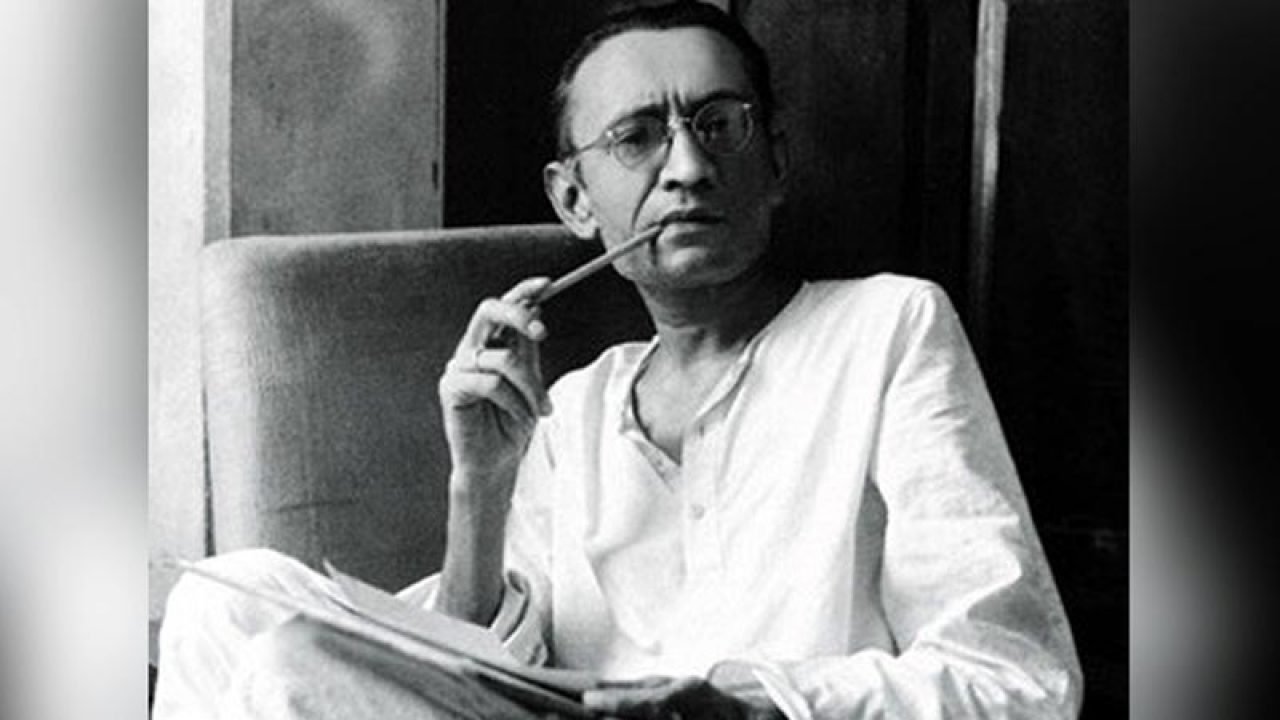Today marks the 69th death anniversary of the celebrated Urdu fiction writer Saadat Hasan Manto, whose works are revered as a true reflection of society. Manto, born on May 11, 1912, in Ludhiana, was a prolific writer and playwright who left an indelible mark on Urdu literature. Despite passing away at the age of 42 on January 18, 1955, Manto’s impact continues to resonate.
Known for his nonconformist style, Manto migrated to Lahore after partition and produced over 20 collections of short stories, a novel, radio plays, and essays. His writings delve into the socio-political structures, communal divides, and regional complexities of his time. The last seven years of his life, marked by financial and emotional hardships, saw the creation of some of his most powerful works.
Among his notable stories, “Thanda Gosht” stands out, depicting the harsh reality of the communal violence of 1947. Manto faced a trial for obscenity in criminal court due to this story, which revolves around Ishwar Singh, his mistress Kalwant, a murder, and a confession.
“Bitter Fruit,” another significant work, is a collection of Manto’s short stories, plays, sketches, and reflections on cinema, politics, and personal struggles post-Partition. His other publications include “Atishpare,” “Manto Ke Afsane,” “Dhuan,” “Afsane Aur Drame,” “Laazat-e-Sang,” “Baghair Ijazat,” “Burque,” “Ratti,” “Masha,” and “Tolah.” Manto’s famous letters to Uncle Sam, addressing communism, Russia, politics after Partition, and his financial condition, were also widely recognized.
In honor of his literary contributions, the Government of Pakistan issued a postage stamp on January 18, 2005, marking his 50th death anniversary. Additionally, on August 14, 2012, Manto was posthumously honored with the Nishan-e-Imtiaz award by the Pakistani government, further solidifying his legacy in Urdu literature.



